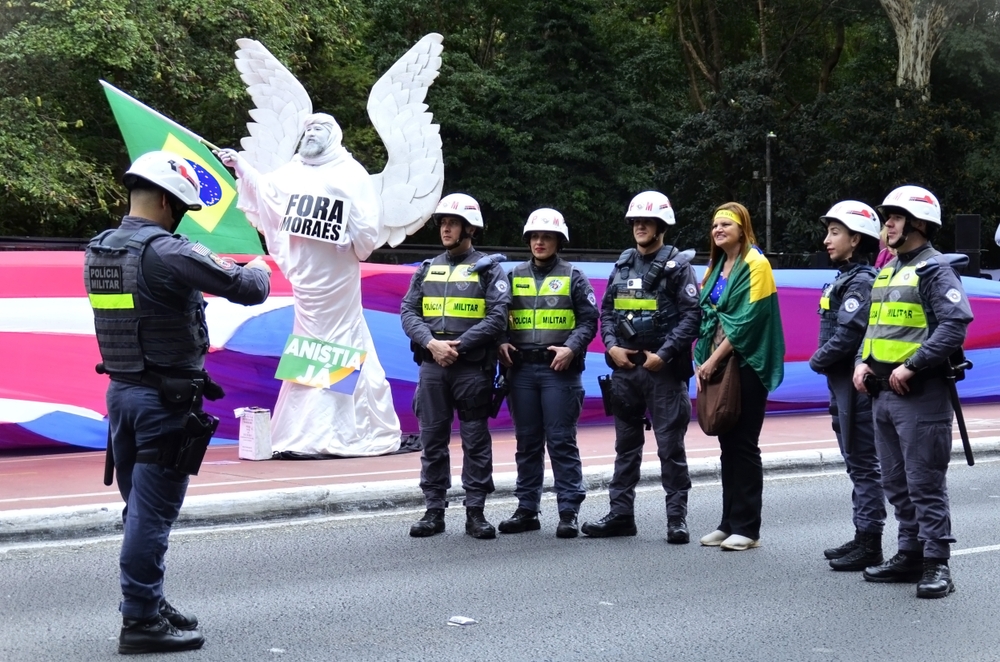Activists described climate impacts in their home countries and urged stronger youth representation in UN negotiations. Thousands of protesters gathered at the gates of the COP30 conference in Belem, Brazil, blocking the entrance in a peaceful standoff.
Brazilian youth groups, indigenous communities, and international activists marched together to pressure leaders during the crucial climate summit. Members of Fridays for Future demanded a voice for young people who will inherit the consequences of current decisions.
Rachelle Junsay from Climate Action Philippines voiced her frustration over the exclusion of young people from negotiations. She said leaders discuss communities while leaving actual victims outside the decision-making spaces.
Demonstrators Return After Years of Restrictions
Protesters demonstrated outside UN climate talks for the first time in three years. Organizers of the conference highlighted indigenous empowerment, yet demonstrations frequently disrupted sessions.
Earlier in the week, activists surrounded the venue twice, including one episode where two security guards received minor injuries. Saturday’s march ended short of the building, where a full day of talks continued.
Many participants celebrated the ability to protest openly in Belem, unlike recent conferences in Azerbaijan, the UAE, and Egypt. Youth leader Ana Heloisa Alves said the march was the largest climate protest she had joined and insisted that leaders could not overlook such a crowd.
Alves marched to defend the Tapajos River from commercial development plans. Her group carried signs declaring the river belongs to its people.
Calls Grow for Wider Public Inclusion
Pablo Neri, coordinator for a major rural workers’ movement in Pará, urged organizers to include more voices to reflect a climate movement moving toward broad participation.
The talks are scheduled to continue through Friday, 21 November, though analysts doubt major new agreements will appear. Many hope for progress on earlier commitments, including aid for poor nations adapting to climate change.
The United States chose not to attend the summit after President Donald Trump dismissed climate change as a scam and withdrew from the 2015 Paris Agreement aimed at limiting global warming.



